Retinol Cream for Acne Scars: A Deep Dive
Acne scars can be a lingering reminder of past skin struggles, affecting not just the skin but also self-confidence. Fortunately, the world of skincare offers a beacon of hope in the form of retinol creams. In this comprehensive guide, we'll delve into the science behind retinol, its effectiveness in treating acne scars, and how to incorporate it safely into your skincare routine.
Understanding Retinol and Its Skin Benefits

Retinol, a derivative of Vitamin A, is a powerhouse in the world of skincare. Renowned for its anti-aging properties, retinol also plays a pivotal role in acne scar treatment. It works by accelerating skin cell turnover, which helps in shedding the damaged, scarred layers of the skin, and promoting the growth of new, healthy skin cells.
How Retinol Helps with Acne Scars
Retinol's ability to promote collagen production is a game-changer for acne scars. Increased collagen can reduce the appearance of atrophic scars (depressions caused by acne) and improve skin texture. Moreover, retinol's exfoliating properties help in fading hyperpigmentation, a common aftermath of acne breakouts.
Choosing the Right Retinol Cream
When venturing into the world of retinol creams, it's crucial to choose a product that suits your skin type and the severity of your scars.
For Beginners
If you're new to retinol, start with a lower concentration (around 0.25% to 0.5%) to allow your skin to acclimate. Look for creams that also contain hydrating ingredients like hyaluronic acid to minimize irritation.
For Experienced Users
For those accustomed to retinol, creams with higher concentrations (1% or more) can be more effective. However, always listen to your skin; if you notice increased sensitivity or irritation, it's wise to scale back.
Incorporating Retinol into Your Skincare Routine
Introducing retinol into your skincare routine requires patience and consistency.
Start Slow
Begin by applying a pea-sized amount of retinol cream once or twice a week, gradually increasing the frequency as your skin builds tolerance.
Sun Protection is Crucial

Retinol can make your skin more sensitive to the sun. Always apply a broad-spectrum sunscreen with an SPF of 30 or higher during the day, even if you use retinol only at night.
Potential Side Effects and How to Manage Them
Like all active ingredients, retinol can cause side effects, particularly during the initial weeks of use. These may include dryness, redness, and peeling.
Managing Irritation
If you experience irritation, temporarily reduce the frequency of retinol application. Incorporate nourishing and soothing ingredients like ceramides and aloe vera into your routine to help mitigate these effects.
The Bottom Line
Retinol can be a highly effective ingredient for diminishing the appearance of acne scars. However, it's important to use it correctly and patiently to see the best results. Always consult with a dermatologist before starting any new skincare treatment, especially if you have sensitive skin or severe acne scars.
Frequently Asked Questions (FAQs)
Q: How long does it take to see results from retinol for acne scars?
A: Results vary depending on the individual and the severity of the scars. Generally, it may take several weeks to a few months to notice a significant improvement.
Q: Can retinol be used with other acne treatments?
A: Retinol can be used with other treatments, but it's crucial to avoid combining it with other potent ingredients like benzoyl peroxide or salicylic acid in the same application to prevent excessive skin irritation.
Q: Is retinol safe for all skin types?
A: Retinol is generally safe for most skin types, but those with extremely sensitive skin or certain skin conditions like eczema should use it with caution and consult a dermatologist.
Q: Can retinol cause acne breakouts?
A: Some people may experience a "purge" when starting retinol, where acne gets temporarily worse. This is usually temporary and should improve as the skin acclimates to the treatment.
Q: How should I store my retinol cream?
A: Store your retinol cream in a cool, dark place to maintain its potency. Exposure to light and air can degrade retinol, reducing its effectiveness.
By understanding and correctly utilizing retinol, you can significantly improve the appearance of acne scars and achieve smoother, clearer skin. Remember, skincare is a journey, and patience is key to achieving the best results.


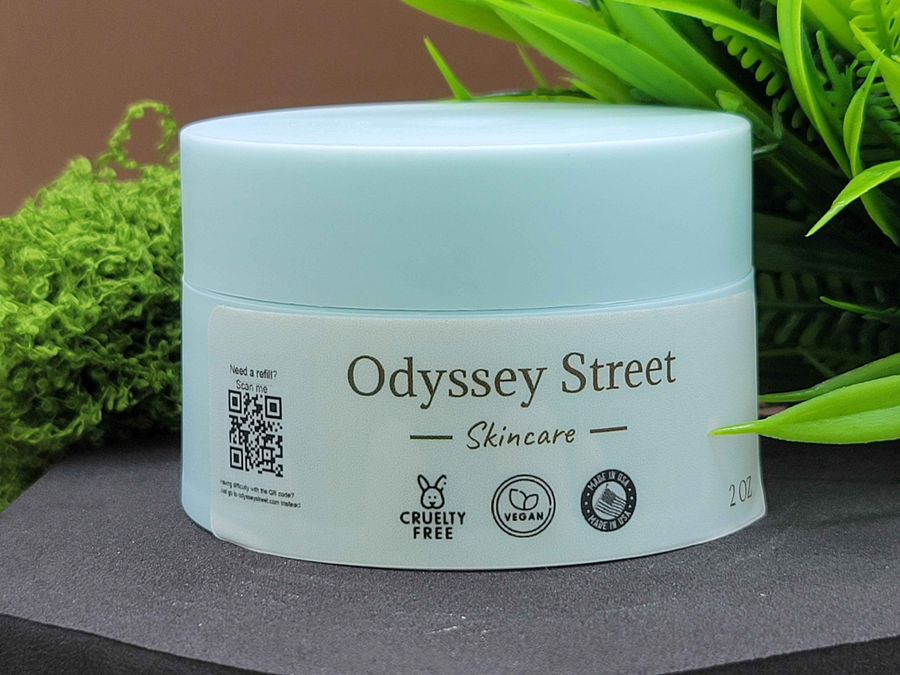
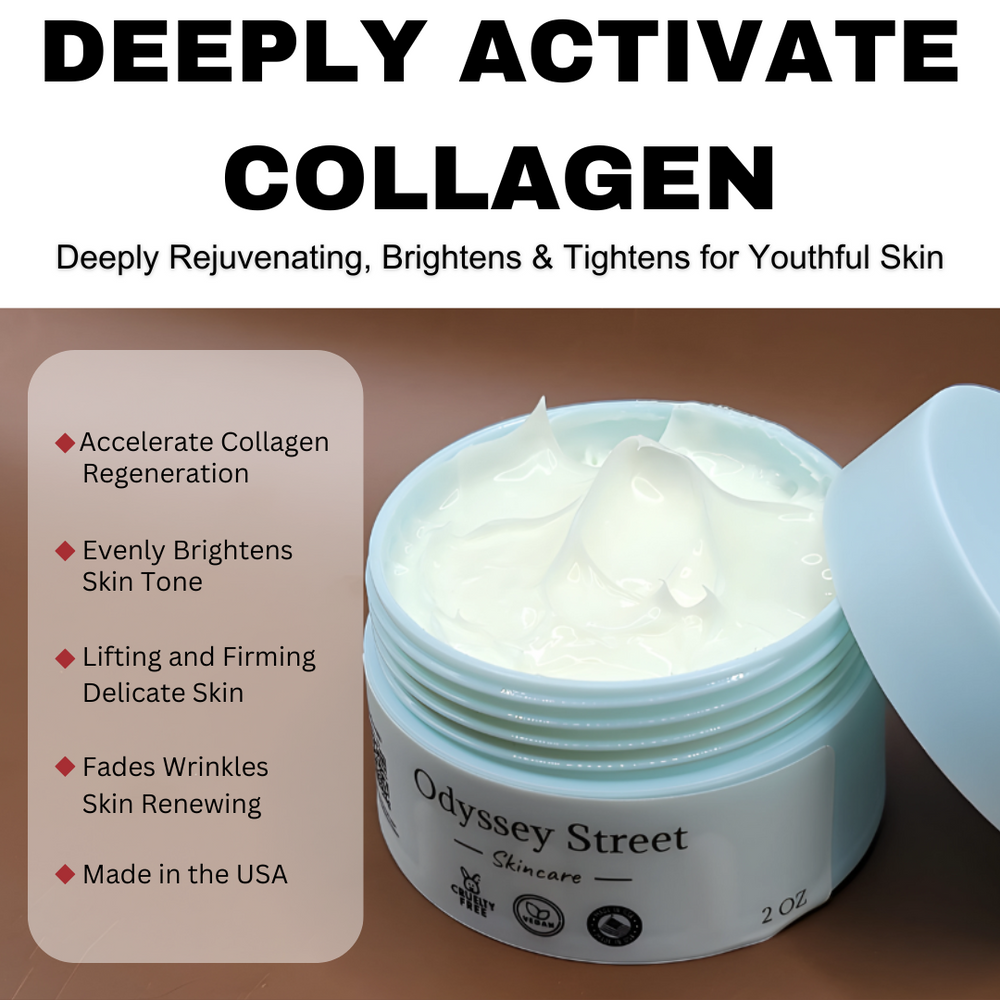




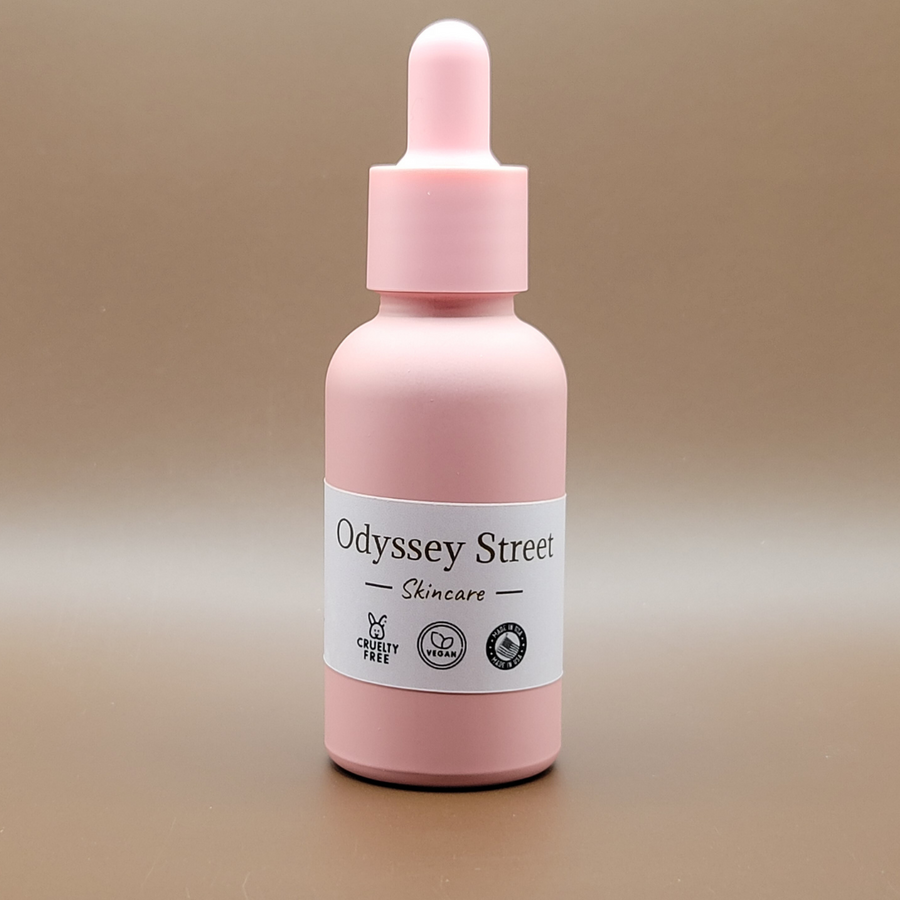
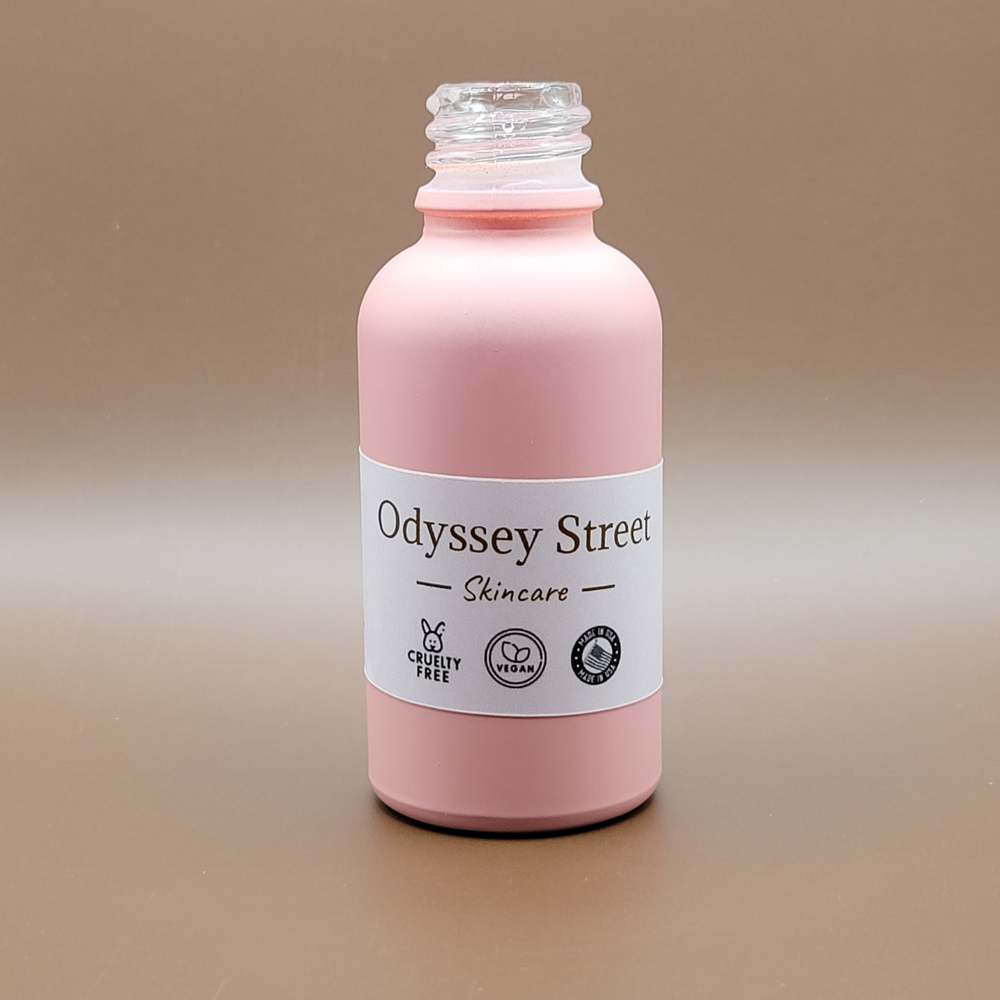
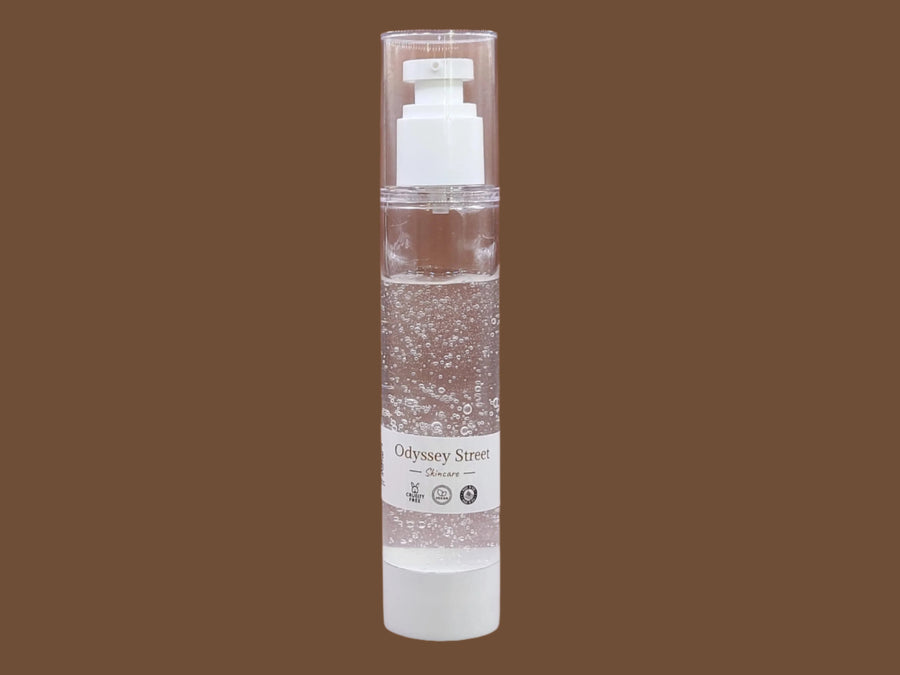
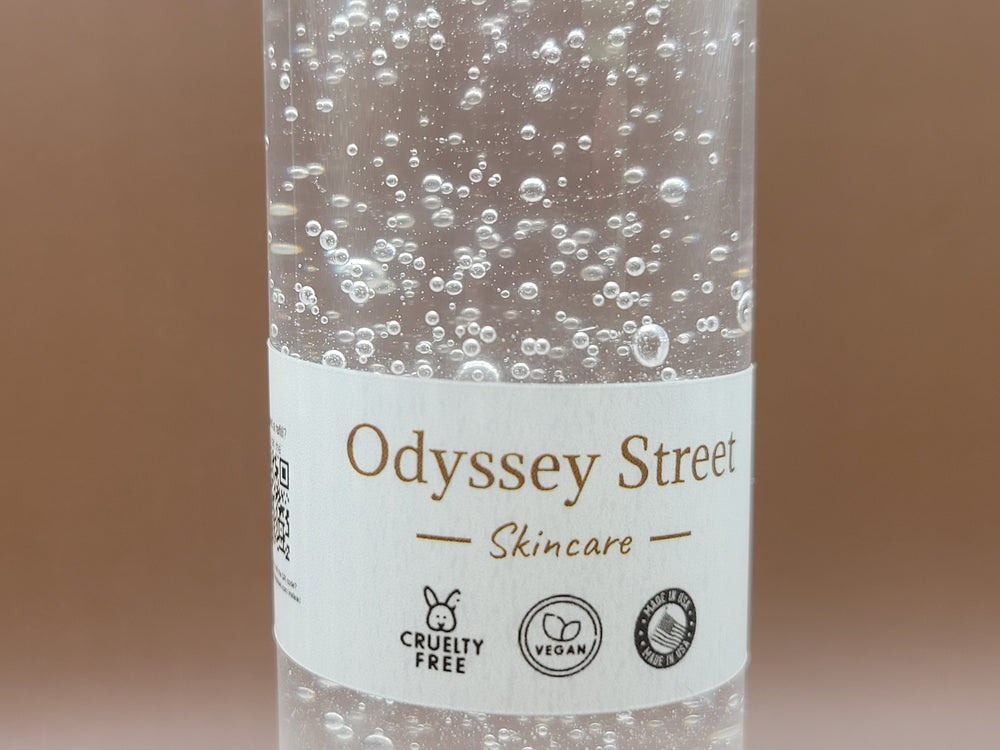
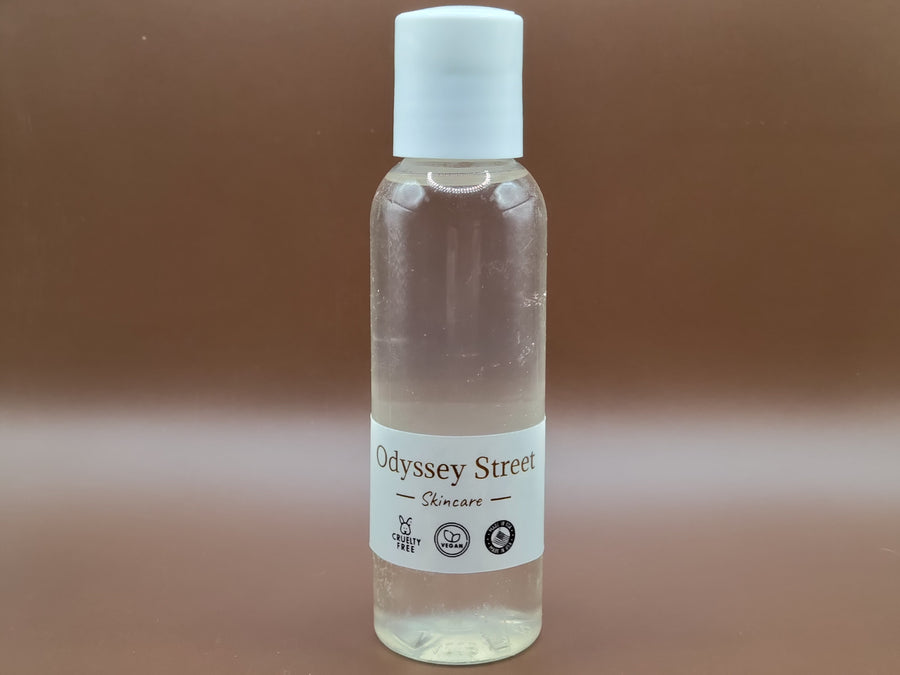
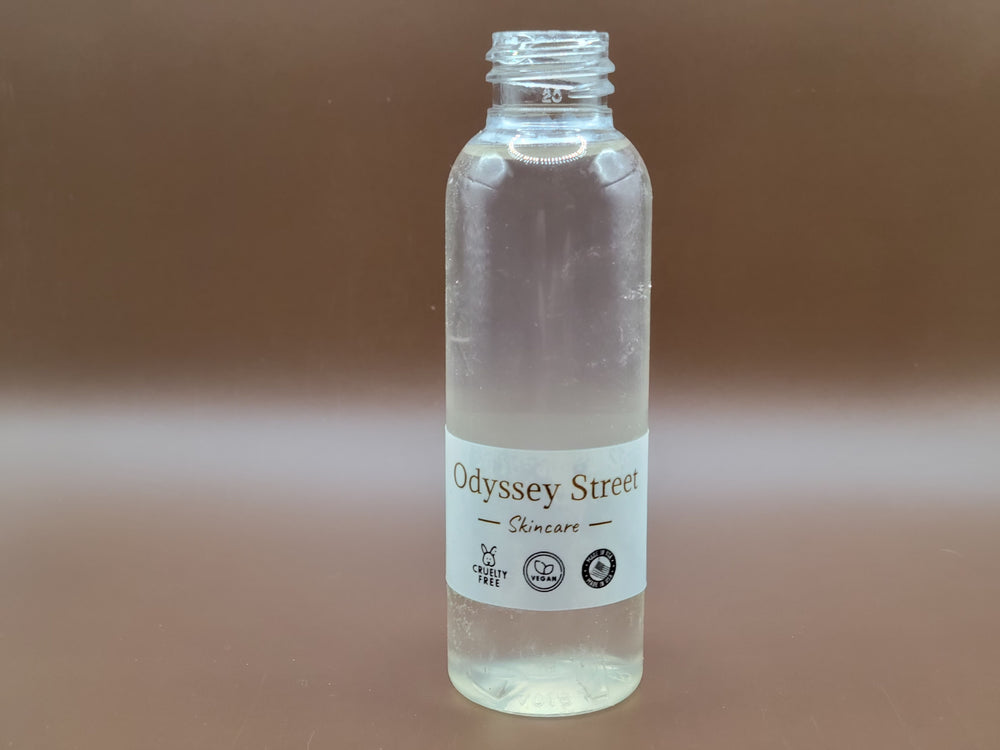
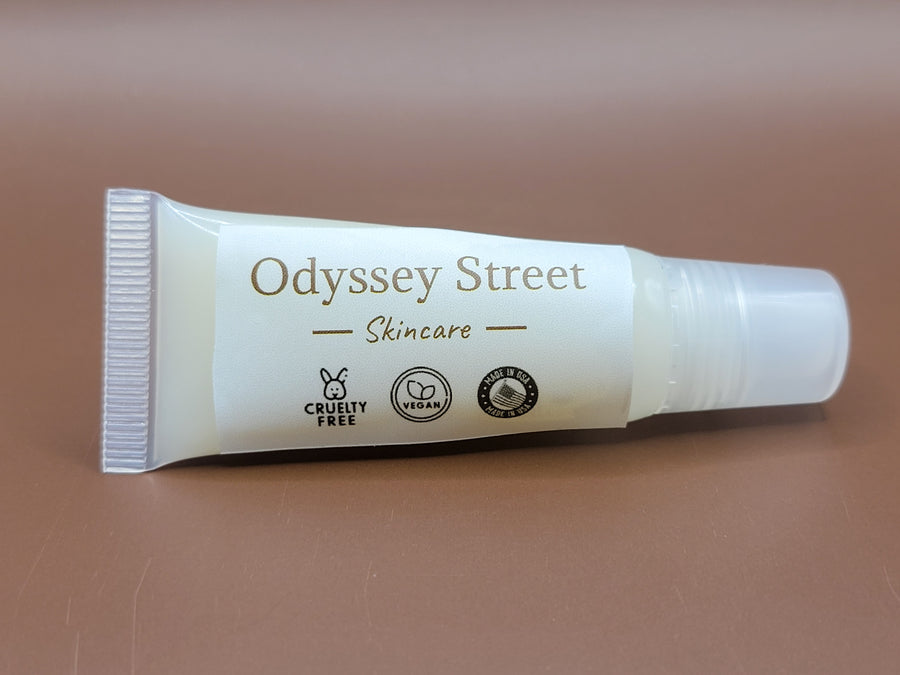
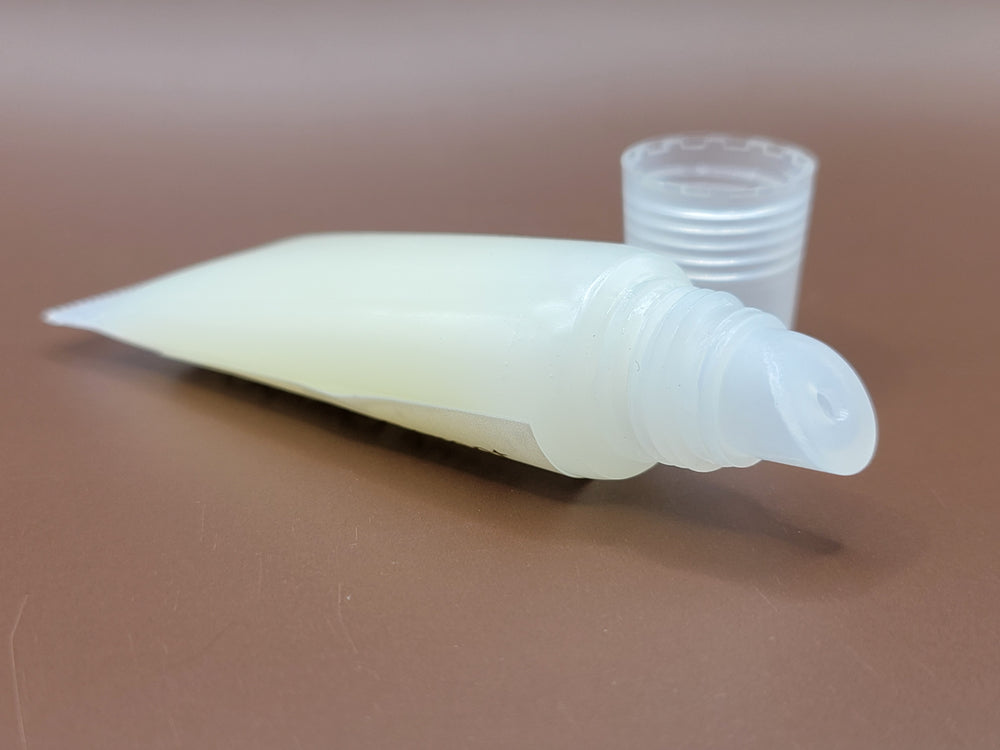
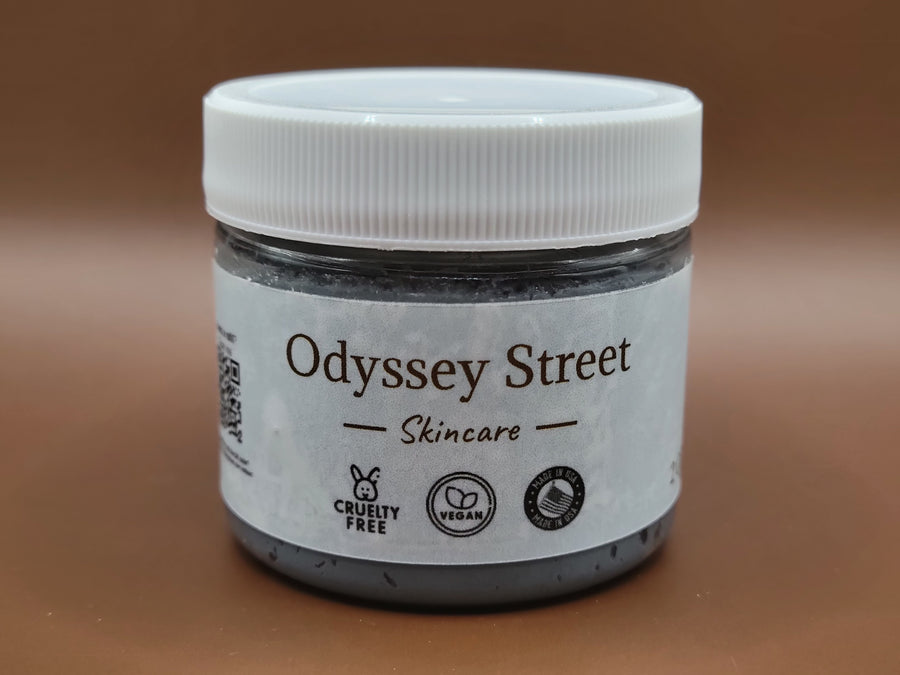
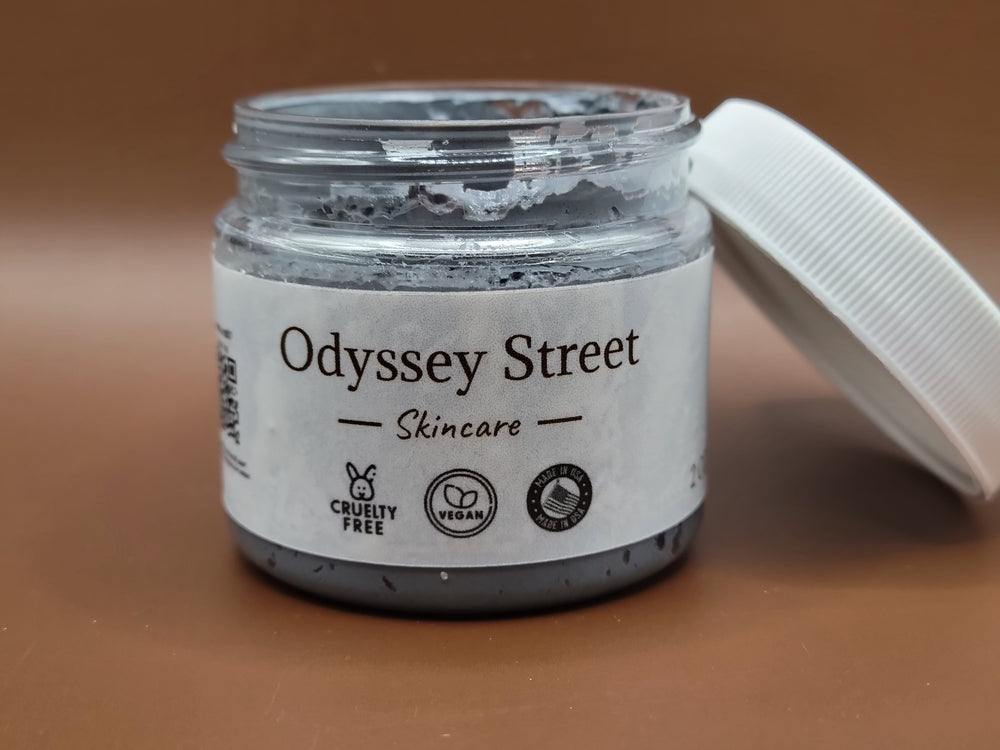
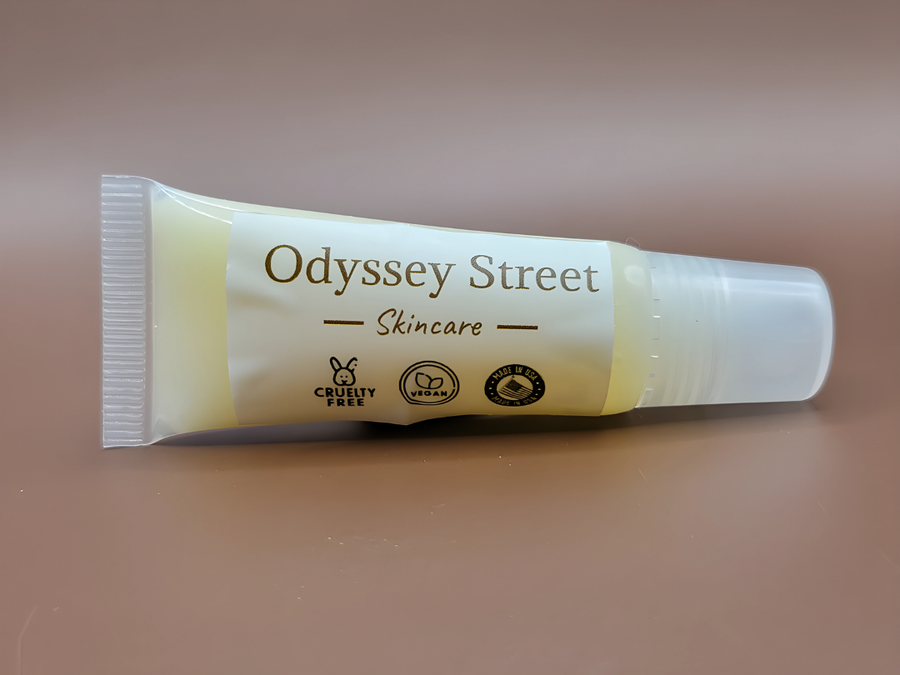
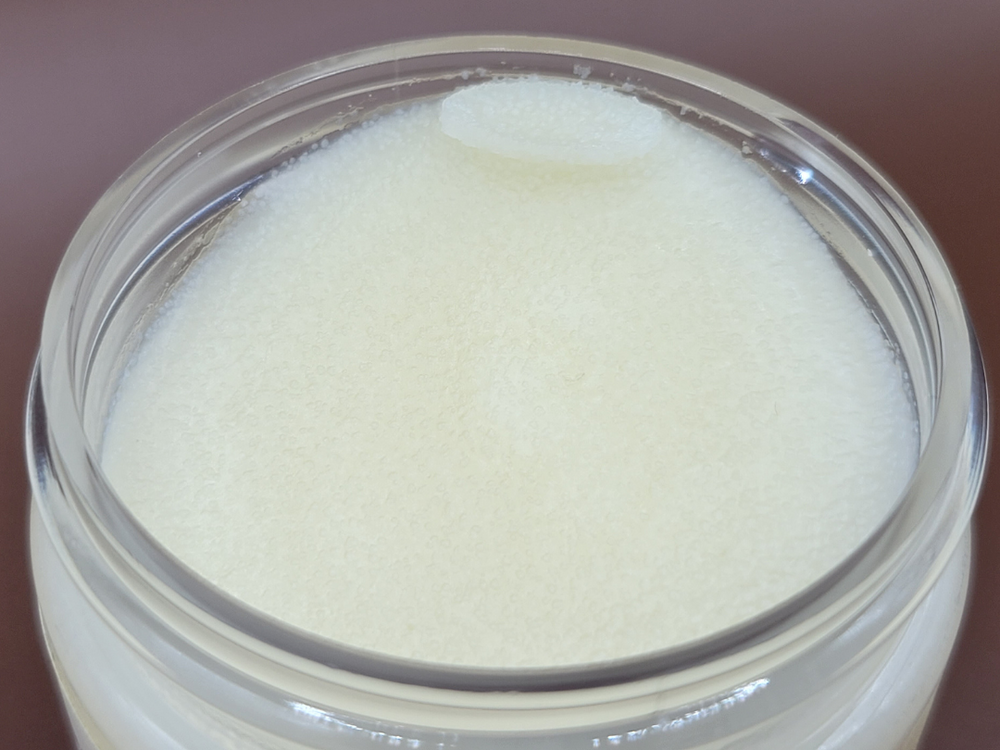
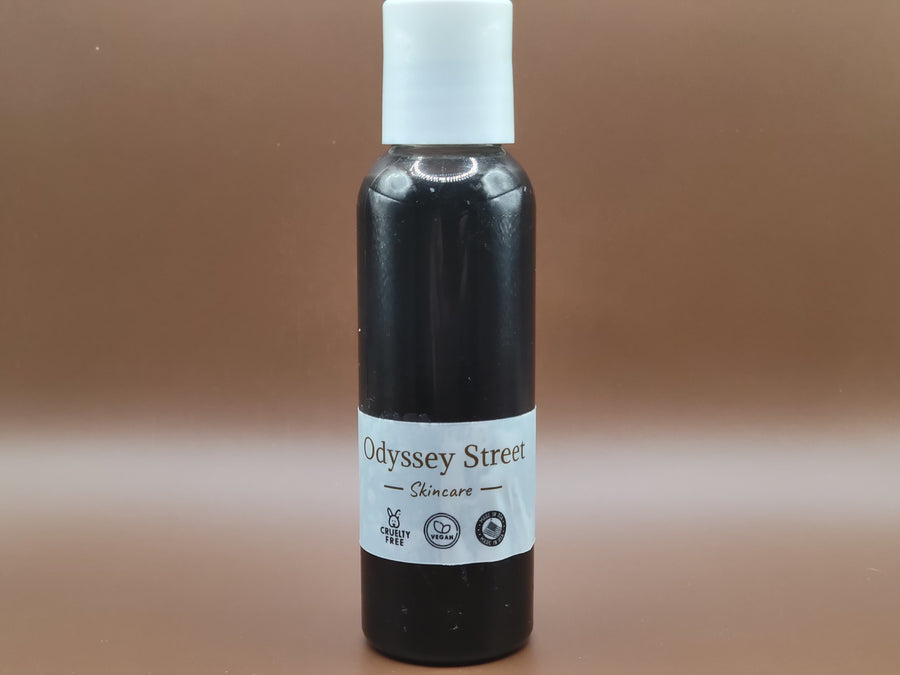
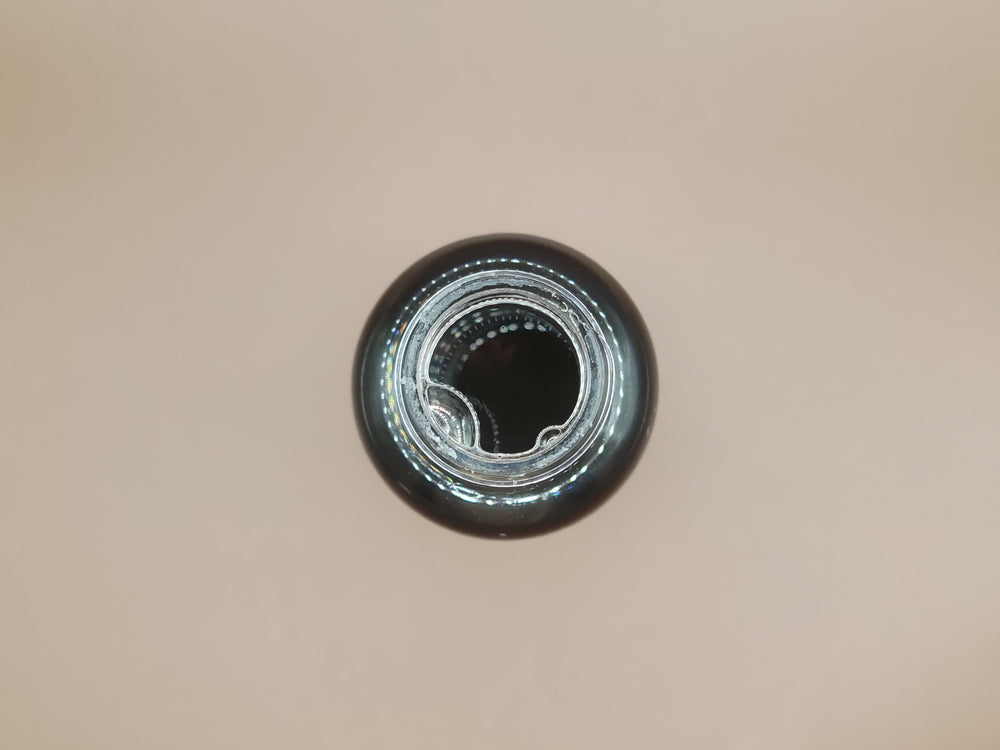
Leave a comment